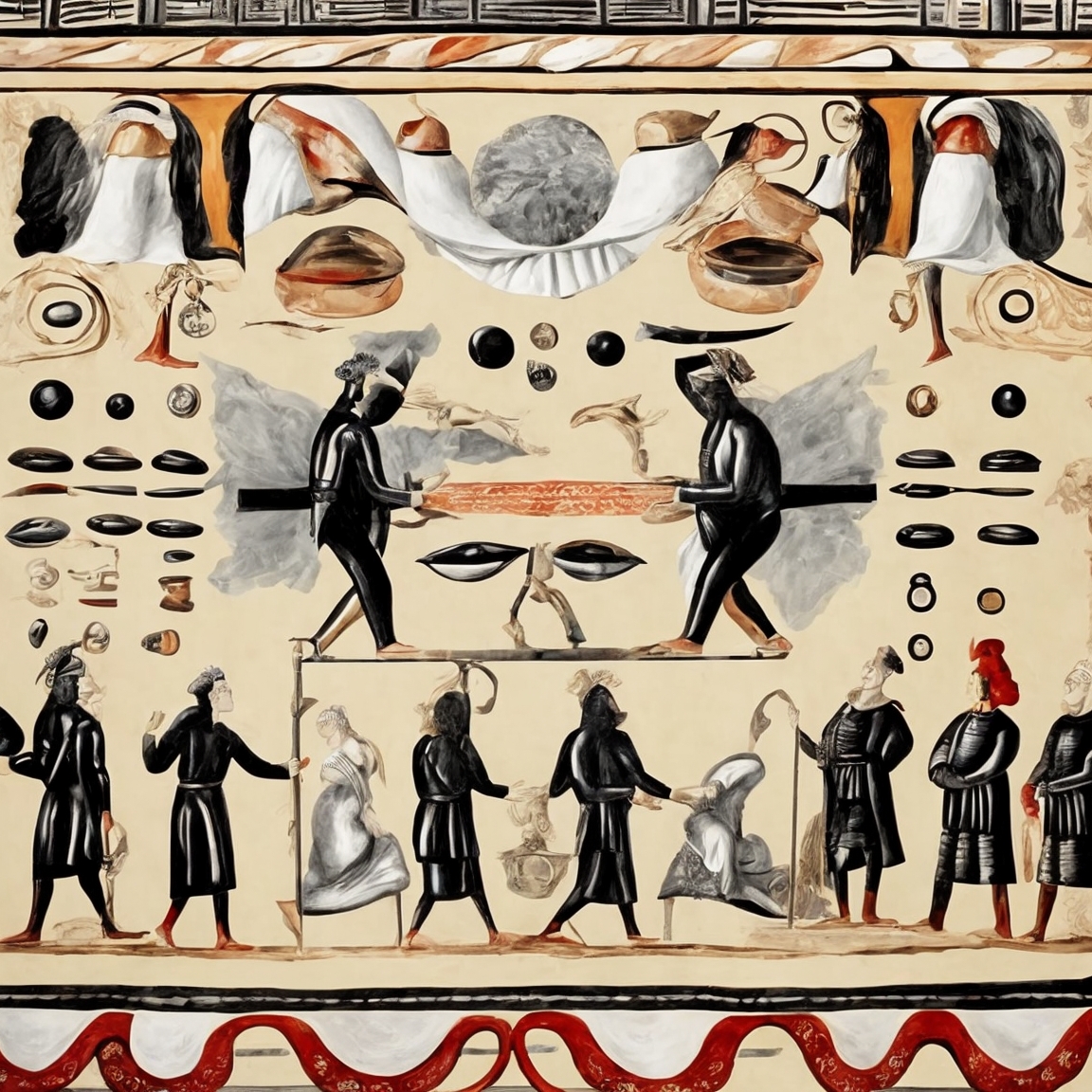Unveiling the Intricacies of the Human Mind: A Journey through Cognitive Science
Unveiling the Intricacies of the Human Mind
The Complex Dance of Thoughts, Words, and Our Sense of Self
The human mind, with its myriad complexities and mysteries, has long been a subject of intrigue and exploration. In this blog post, we embark on a journey through the fascinating field of cognitive science, uncovering the intricate relationships between our thoughts, words, and sense of self. Get ready to challenge your preconceptions and delve into the latest innovations and insights that are shaping our understanding of the mind.
Cognitive Semantics: Unraveling the Language-Thought Connection
At the heart of cognitive science lies cognitive semantics, which explores the deep connection between language and thought. It investigates how our choice of words and the structure of our language influence the way we perceive and understand the world around us. By examining the complex interplay between language and cognition, researchers are unraveling the very foundation of human communication and its impact on our mental processes.
The Power of Words: More Than Meets the Eye
Words are not simply arbitrary symbols; they carry immense power. The way we label and describe objects, emotions, and experiences shapes our perception and understanding. For example, the word ‚love‘ carries a wealth of associations and connotations that influence how we interpret and respond to the concept it represents. Cognitive semantics delves into how these linguistic nuances influence our thoughts, emotions, and behaviors, revealing the profound impact of language on our mental landscape.
Innovations in Memory Research: Unlocking the Vault of Recollection
Memory, the repository of our personal histories, is another fascinating aspect of cognitive science. Recent innovations in memory research are shedding light on the intricate mechanisms that allow us to encode, store, and retrieve information. By understanding the biology of memory formation and the factors that influence recall, scientists are uncovering ways to enhance memory retention and potentially treat memory-related disorders.
The Biology of Memory: A Dynamic Process
Memory is not a static entity but a dynamic and ever-changing process. Neuroscientists have identified the role of specific brain regions and neurotransmitters in memory formation and retrieval. For instance, the hippocampus plays a crucial role in converting short-term memories into long-term ones, while the neurotransmitter acetylcholine is essential for attention and memory consolidation. Understanding these biological underpinnings opens up possibilities for interventions that can improve memory function and address conditions such as Alzheimer’s disease.
Exploring Introspection: The Study of Interoception
Turning inward, cognitive science also delves into the fascinating realm of interoception – our sense of the internal state of the body. Interoception involves the perception and interpretation of signals from within the body, such as heart rate, hunger, and pain. Researchers are exploring how interoceptive awareness influences our emotional experiences, decision-making, and sense of self, offering insights into conditions like anxiety and depression.
The Mind-Body Connection: Listening to the Body’s Signals
The study of interoception highlights the intricate mind-body connection, demonstrating how our mental state can influence bodily functions and vice versa. By understanding interoceptive processes, researchers are developing interventions to enhance emotional regulation, improve stress management, and promote overall well-being. This field also has implications for understanding conditions like irritable bowel syndrome, where heightened interoceptive sensitivity plays a role.
Conclusion: Celebrating the Complexity of the Human Mind
In this blog post, we have embarked on a journey through the captivating world of cognitive science, exploring the dynamics of language, memory, and interoception. The human mind, with its intricate web of thoughts, emotions, and perceptions, continues to fascinate and inspire. As we unravel its mysteries, we not only enhance our understanding of ourselves but also open up possibilities for improving human cognition and well-being. The field of cognitive science is a testament to the power of scientific inquiry and our relentless pursuit of knowledge and self-discovery.













































